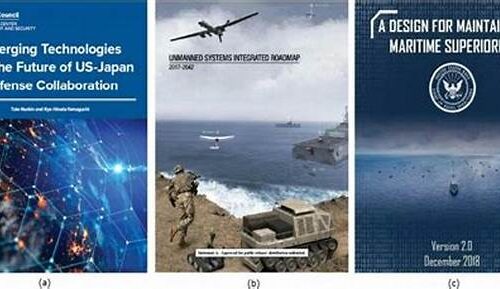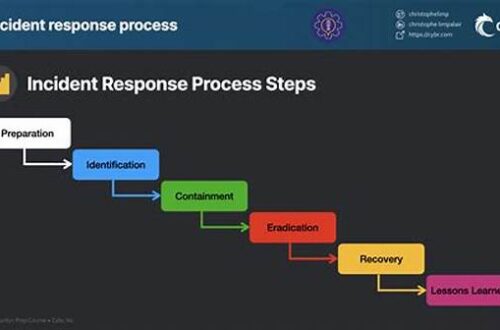The geopolitical landscape in the contemporary world is largely influenced by the strategic maneuverings of superpowers. Their actions, whether through direct intervention, economic influence, or military alliances, can have significant repercussions on regional stability. This article seeks to explore the impact of superpowers on regional tensions, examining their multifaceted roles and the ensuing consequences for regional dynamics.
Influence of Superpower Policies on Local Disputes
Superpowers, wielding considerable military, economic, and political influence, often engage in regional affairs to safeguard their interests. When superpowers involve themselves in local disputes, their actions can either exacerbate or alleviate tensions depending on their strategies. For instance, the injection of military aid to one party in a regional conflict may embolden that party, escalating tensions. Conversely, diplomatic interventions by superpowers can facilitate dialogue and peace. The impact of superpowers on regional tensions is thus two-fold: while they possess the capability to foster peace, their interests-driven interventions can also lead to prolonged conflicts. This dual nature makes their involvement a delicate endeavor requiring careful balancing to avoid unintended escalation.
Economic Strategies and Their Regional Impacts
1. Superpowers often employ economic sanctions to exert pressure, sometimes leading to increased regional tensions.
2. Trade agreements orchestrated by superpowers can tilt regional balances, affecting local economies and political alliances.
3. Superpower investment in regional infrastructure can foster dependency, influencing political stability.
4. Development aid by superpowers, while beneficial, often comes with strings attached, impacting regional autonomy.
5. The competition for economic supremacy among superpowers can create a volatile atmosphere, influencing regional peace.
Military Presence and Its Consequences
The presence of military forces or bases of superpowers in specific regions often leads to heightened tensions. Such deployments can be perceived as a threat by neighboring countries, prompting an arms race or the formation of new alliances. Furthermore, military presence can serve as a deterrent against local aggression, providing a sense of security to ally states. Nevertheless, the impact of superpowers on regional tensions remains significant, as their military strategies can lead to both stabilization and provocation in equal measure. The perception of military encroachment often calls for diplomatic prudence and robust dialogue to mediate the potential for conflict escalation.
Diplomatic Engagements and Mediation Efforts
Superpowers possess the diplomatic clout and resources to mediate conflicts and foster dialogue. They can leverage their influence to bring conflicting parties to the negotiation table, working towards peaceful resolutions. However, the impact of superpowers on regional tensions through diplomatic channels is contingent upon their ability to act impartially. Biased diplomacy, favoring one faction over others, can exacerbate distrust and deepen existing fissures. Successful mediation, therefore, demands a balanced approach, ensuring that all parties’ concerns are genuinely addressed.
1. Superpower-led negotiations can lead to peace but require impartiality.
2. Diplomatic channels by superpowers offer platforms for dialogue and conflict resolution.
3. Failed diplomacy may lead to trust deficits, compounding tensions.
4. The influence of superpowers in international institutions can redefine regional politics.
5. Engagement in peacekeeping missions reflects the commitment of superpowers to global stability.
6. Mediation efforts can mitigate regional conflicts when executed without bias.
7. Diplomatic recognition by superpowers can alter regional dynamics significantly.
8. Superpowers’ role in international law enforcement impacts regional governance.
9. The participation of superpowers in global forums influences regional discourse.
10. Diplomatic embargoes by superpowers can escalate regional isolation.
Cultural and Ideological Impact
The cultural and ideological footprint of superpowers extends beyond mere politics and economics. Through media, education, and cultural exchanges, superpowers disseminate their values and norms, sometimes clashing with local traditions and ideologies. This infusion of external cultural elements can generate friction within societies, potentially leading to social unrest. The cultural impact of superpowers on regional tensions underlines the importance of preserving local identities in the face of globalization. While cultural exchanges can foster understanding and cooperation, they must be approached with sensitivity to indigenous cultures to prevent cultural imperialism and its attendant tensions.
Environmental Policies and Global Influence
The environmental policies of superpowers wield global influence, often setting the tone for international environmental governance. Superpowers, through treaties and accords, can drive regional cooperation towards environmental sustainability. However, conflicting interests and priorities may lead to regional discord, especially when superpowers impose unfavorable environmental regulations. The impact of superpowers on regional tensions is thus evident in global environmental discourse, where their leadership or lack thereof can either unite the international community or sow divisions. Effective environmental stewardship by superpowers is crucial in mitigating climate change and fostering global peace.
Conclusion
The multifaceted role of superpowers in regional affairs underscores their profound impact on regional tensions. Whether through economic strategies, military presence, diplomatic engagements, cultural influence, or environmental policies, superpowers shape the geopolitical environment significantly. Their involvement can either bridge divides or exacerbate conflicts, necessitating a balance between national interests and global responsibilities. Thus, understanding the impact of superpowers on regional tensions is vital for crafting informed strategies that promote peace and stability worldwide. Recognizing these dynamics enables regional actors to navigate the complex geopolitical terrain more effectively, fostering collaborative efforts towards sustainable peace.





